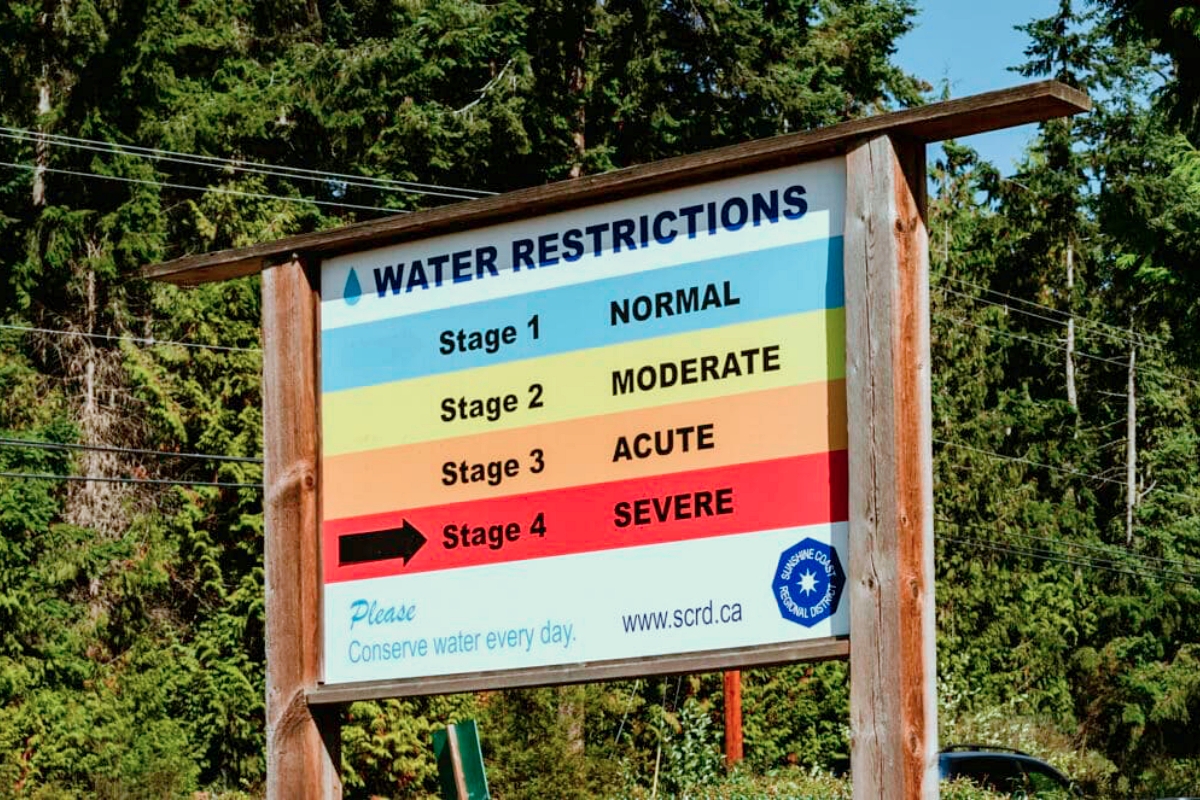
The staff at Batch 44 Brewery and Kitchen in Sechelt, British Columbia, is skilled at handling adverse conditions.
They opened in February 2020, survived the COVID-19 pandemic, and are now getting ready to face their newest obstacle: operating a brewery without water.
“We keep getting the punches but we keep getting back up,” general manager Mark Reed said in an interview.
As the system that distributes water to nearly 90% of the houses and businesses in the Sechelt area is “imminently risk” of running dry, the Sunshine Coast Regional District, the District of Sechelt, and the Shishalh Nation have all proclaimed a state of local emergency.
In an effort to conserve water, the brewery voluntarily ceased brewing in the beginning of October, and it had now stopped canning beer, which takes water as part of the cleaning process, according to Reed.
Though kegs of the brewery’s well-liked lager will probably be empty in a few days, they haven’t run out yet after a summer of production.
“It just becomes that situation where people just have to drink the other beers that we have in stock and hopefully everyone’s OK with that,” Reed said.
The Sechelt Aquatic Centre will be shut down, according to the regional district, and other non-essential commercial water users covered by the order include multiple breweries and cideries, as well as firms that produce concrete, asphalt, and gravel.
It would probably take some time before Reed has a clear picture of the financial impact of the water restrictions, despite the fact that the town is hoping for rain. Reed said losing out on brewing and canning time is detrimental to the business.
“There are a lot of businesses on the coast that are going to be affected with these water restrictions. So I think the community understands it, they already know the negative impact it’s having.”
